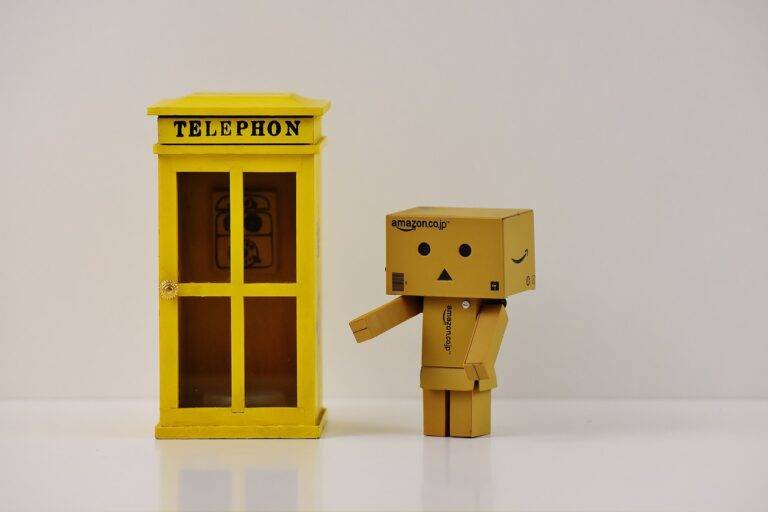Exploring the Rise of NFTs in the Entertainment Industry
Non-fungible tokens (NFTs) have been making waves in the digital world, offering a new way to authenticate and own digital items. Unlike cryptocurrencies such as Bitcoin or Ethereum, NFTs represent unique assets that cannot be exchanged on a one-to-one basis. Each NFT has a distinct value and ownership status, recorded on a blockchain to ensure its authenticity and prevent duplication.
These digital tokens have unlocked new possibilities for creators and collectors, enabling them to buy, sell, and trade digital art, collectibles, and other intangible assets with verified ownership. NFTs have introduced a novel concept of scarcity in the digital realm, as each token acts as a digital certificate of ownership, provably scarce and one-of-a-kind. By leveraging blockchain technology, NFTs provide a transparent and secure way to establish ownership of digital assets, revolutionizing the way we perceive and trade unique digital content.
• NFTs authenticate and own digital items in a unique way
• Each NFT represents a distinct value and ownership status
• Recorded on a blockchain to ensure authenticity and prevent duplication
• Enables creators and collectors to buy, sell, and trade digital art and collectibles with verified ownership
• Introduces the concept of scarcity in the digital realm through provably scarce, one-of-a-kind tokens
• Leveraging blockchain technology for transparent and secure ownership of digital assets
Understanding Non-Fungible Tokens
Non-Fungible Tokens, or NFTs, are unique digital assets that are indivisible and irreplaceable. Unlike cryptocurrencies such as Bitcoin or Ethereum, which are fungible and interchangeable, NFTs represent one-of-a-kind items that are stored on a blockchain. This technology allows for the verification of ownership and ensures the scarcity of the digital asset.
The value of NFTs lies in their ability to authenticate ownership of digital art, collectibles, or other virtual items. Each NFT has its own distinct properties and metadata that differentiate it from any other token. This exclusivity and verifiable scarcity make NFTs highly sought after by collectors and enthusiasts, driving a growing market for these digital assets.
NFTs in Music
The world of music has embraced the potential of Non-Fungible Tokens (NFTs) as a new way to interact with fans and monetize unique content. Artists can now create exclusive music, artwork, or even personal moments as NFTs, which can be sold directly to fans or collectors through blockchain technology. This innovative approach not only generates revenue for musicians but also provides a novel way for fans to connect with their favorite artists on a deeper level.
Moreover, the concept of NFTs in music has opened up opportunities for artists to share special behind-the-scenes footage, unreleased tracks, and even limited edition merchandise directly to their most dedicated supporters. By tokenizing these assets, musicians can establish a direct and transparent relationship with fans, cutting out middlemen and creating a more authentic connection. This new model not only empowers artists to have more control over their intellectual property but also allows them to explore new creative avenues in the digital age.
What exactly are NFTs?
NFTs, or non-fungible tokens, are unique digital assets that represent ownership of a specific item or piece of content.
How do NFTs work in the music industry?
In the music industry, NFTs can be used to tokenize ownership of songs, albums, or other music-related content. This allows artists to sell limited edition digital copies and provide exclusive perks to their fans.
Why are NFTs becoming popular in the music industry?
NFTs offer a new way for artists to engage with their fans, create additional revenue streams, and protect their intellectual property rights in the digital age.
Can anyone create and sell NFTs for music?
Yes, anyone can create and sell NFTs for music, but it’s important to understand the legal implications and ensure that appropriate rights and permissions are in place.
Are there any risks associated with buying NFTs in the music industry?
Like any investment, there are risks associated with buying NFTs in the music industry, including market volatility, potential scams, and legal disputes over ownership rights. It’s important to do thorough research before making a purchase.







